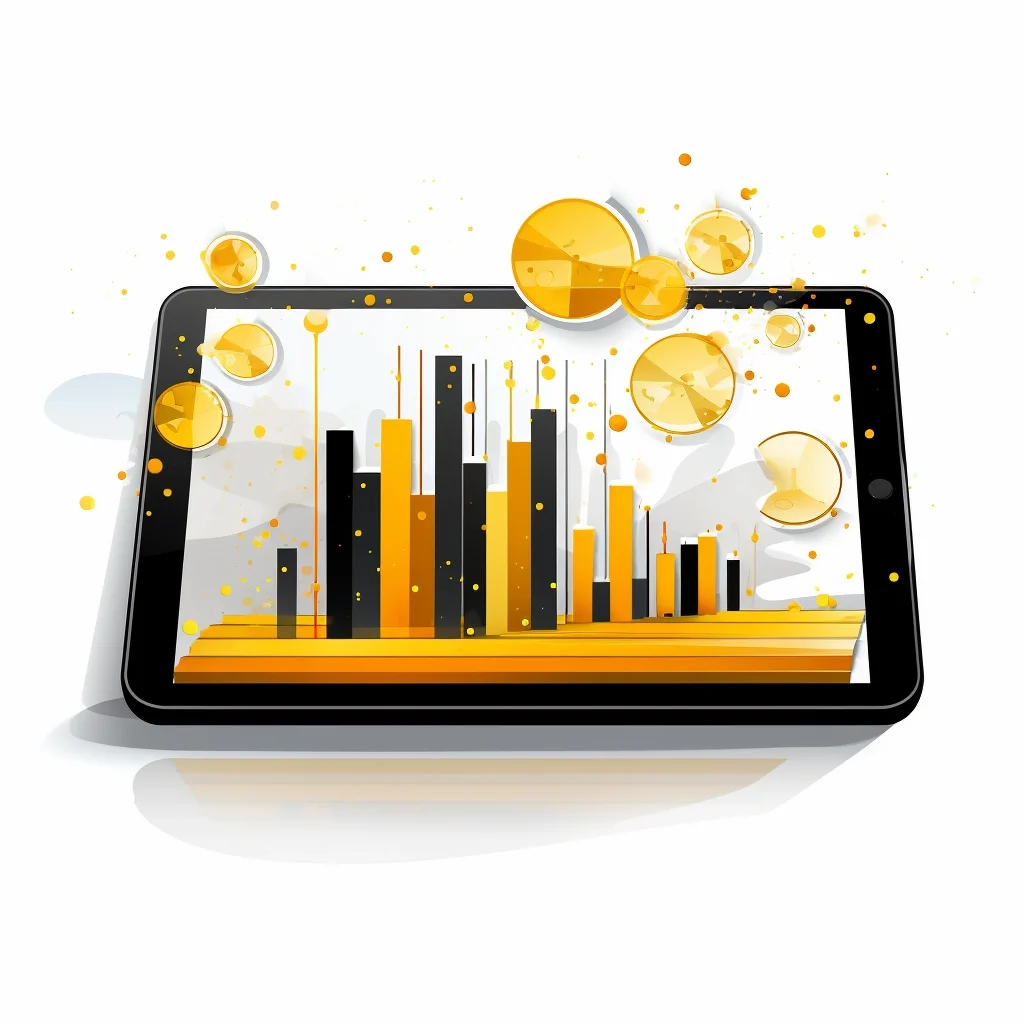The automotive industry is experiencing a significant shift in customer preferences, particularly in the realm of aftersales product purchasing. This transition is largely driven by the increasing appeal of digital interactions over traditional in-person models. Here’s a detailed analysis based on information from McKinsey and Deloitte:
- Digital Transformation Accelerated by Pandemic: The COVID-19 pandemic has greatly accelerated the shift towards digital car buying and online sales models. This change has been fueled by evolving consumer expectations, new mobility offerings, and technological advancements such as digitization, vehicle connectivity, and electrification.
- Customer Preference for Online Channels: There is a notable trend where consumers increasingly prefer online channels for their automotive purchases. In the United States, for instance, the purchase intent for consumers mainly using online channels only dropped by two percentage points, whereas it dropped by more than eight percentage points for those planning to buy in person. Additionally, less than 50% of respondents believe that dealer salespeople can provide all the information they need, indicating a shift towards digital platforms for information and transactions.
- Influence of EV Companies: Companies like Tesla and China’s NIO, which sell directly to customers through digital platforms, have successfully tapped into this digital shift. These companies offer a range of customer-centric services and have simplified the buying process, thereby enhancing the customer experience.
- Changing Nature of Automotive Retail: Traditional automotive retail models are under pressure due to evolving customer preferences. OEMs and dealers must address persistent pain points along the car-buying journey and adapt to digitization trends. The focus is shifting from just selling vehicles to enhancing the overall customer experience.
- The Rise of Service-Based Business: As the automotive industry evolves, the value lies not only in the sale of vehicles but also in engaging customers through various stages of their journey. This includes providing digital aftersales services and products. The revenue from recurring services could significantly boost OEM revenues in the coming decade.
- Digital Customer Experience Strategies: OEMs are encouraged to develop digital interfaces where customers can compare car models, check stock availability, prices, delivery times, and also incorporate financing, trade-in, and service options. This shift requires a substantial reorientation for OEMs, moving from an engineering focus to prioritizing customer experience in every department.
- Challenges and Opportunities in Implementation: Implementing these digital strategies can be challenging. While it’s relatively easy to test new digital customer experience offerings in a single market, rolling them out to dealerships in multiple regions with different operating models and systems can be complex. Companies need to navigate technology setup costs, data- and revenue-sharing arrangements, and legal governance to implement an end-to-end digitized customer experience.
- Impact of Digitalization on Aftersales: The Deloitte study highlights that the increasingly digitalized consumer behavior, especially in times of COVID-19, is impacting the automotive industry, with digital sales and service processes becoming extremely relevant. This implies a growing significance of service-based business models and the need for automotive companies to master omnichannel and direct sales strategies.
In summary, the shift towards digital aftersales product purchasing in the automotive industry is a response to changing consumer preferences, influenced by technological advancements and the COVID-19 pandemic. This trend is characterized by a preference for online channels, a focus on customer experience, and the growth of service-based business models. Automotive companies are adapting by
implementing digital strategies and reorienting towards customer experience. However, this transition presents challenges in terms of technology integration and changing traditional business models. The future of automotive aftersales lies in embracing digitalization, enhancing online customer interactions, and developing innovative service-based offerings.

